The Rings of Power showrunners on being named GamesRadar+'s TV Show of 2024, introducing a Lord of the Rings legend in season 2, and an update on season 3
Exclusive: The Rings of Power showrunners J. D. Payne and Patrick McKay share some of their favorite moments from season 2
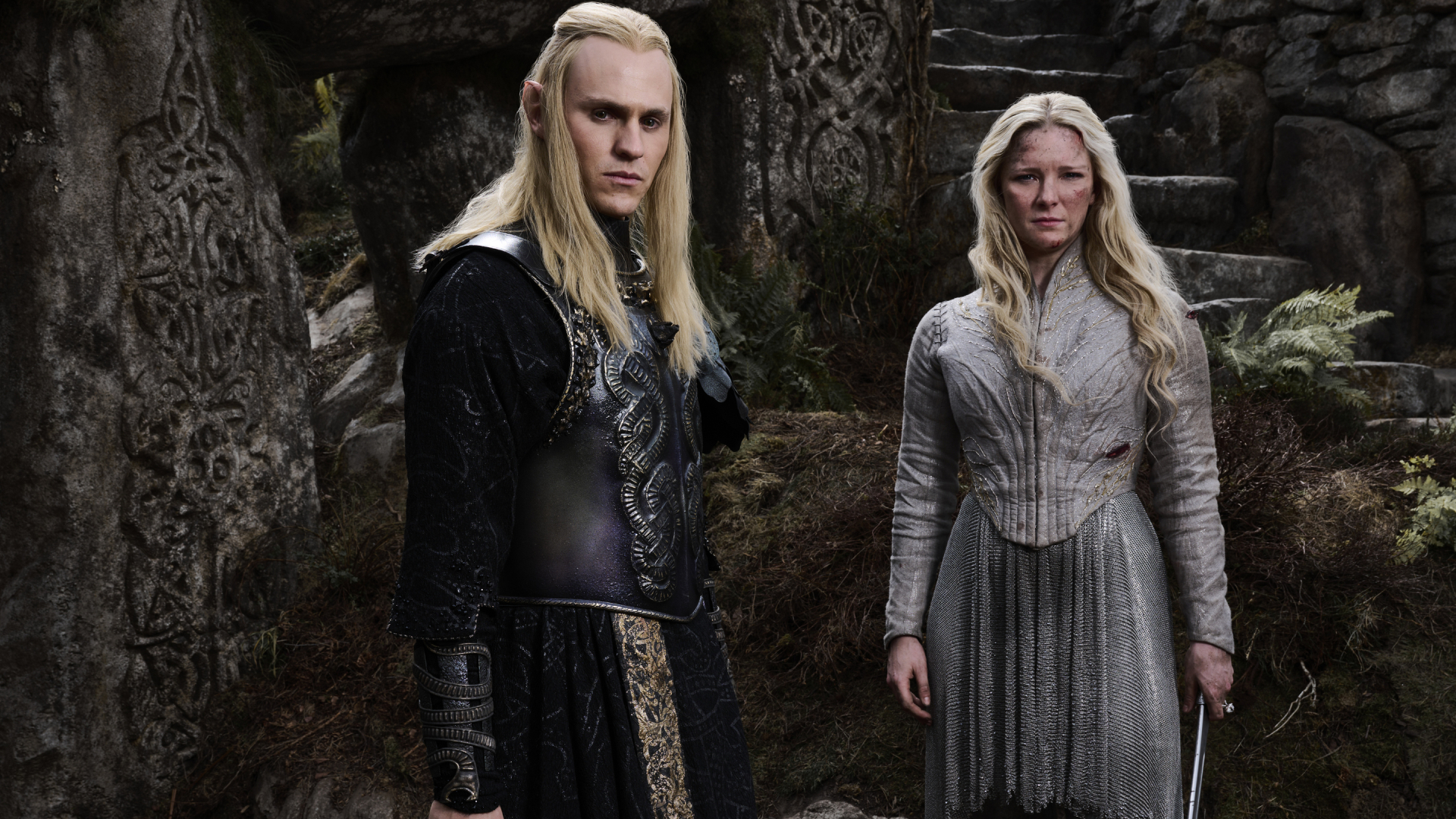
2024 has been a great year for television, with everything from returning shows to innovative new adaptations gracing our screens. However, here at GamesRadar+, there was one series that stood above the rest: The Lord of the Rings: The Rings of Power season 2. After the first chapter introduced audiences to a new section of Middle-earth, the second season took everything up a notch with epic battles, heartbreaking deaths, and the creation of some pesky little rings…
To mark it being crowned our show of the year, GamesRadar+ spoke to showrunners Patrick McKay and J. D. Payne about their stand-out moments from the epic sophomore season. "We all feel like season two steps it up a little bit and the show is hitting its stride," McKay tells us. "The fact that a lot of viewers seem to feel that way too is really gratifying – it feels like the show is onward and upward."
For more on what they're proudest of and a deep dive into major reveals in the finale, key relationships, and even a slight update on The Rings of Power season 3, read on for our full conversation below. Be warned though, this interview contains big spoilers from season 2 and has been edited for length and clarity.
The Lord of the Rings: The Rings of Power season 2 has been named GamesRadar+'s show of the year. Congratulations!
J. D. Payne: Thank you, thank you!
Patrick McKay: Thank you very much. It's amazing.
The second season was a highlight of the TV year – what is your reaction to its success and how fans have embraced it?
Bringing all the latest movie news, features, and reviews to your inbox
McKay: That's a big question.
Payne: I mean, I think we're thrilled. We've been excited about this storyline specifically for a while, it's one of the big canonical stories of the Second Age, the forging of the Rings. If you're going to tell a Second Age story, you want to tell the story of Sauron and Celebrimbor in Eregion. That's just the core of it. And so knowing that we had two actors as amazing as Charles Edwards and Charlie Vickers that were going to be able to perform these fraught, tense, emotional scenes. That was something we were just really excited to bring to the world. And now that it's out there and people are seeing it and everyone's reacting, we couldn't be happier with how people are really embracing it.
McKay: Yeah, I think, look, this is a massive, ambitious life project for us, for Amazon, for everyone involved, for all these incredible craftspeople and department heads. And I think, you know, generally, on our side of the fence, we all feel like season 2 steps it up a little bit and the show is hitting its stride. And the fact that a lot of viewers seem to feel that way too, is really gratifying. It feels like the show is onward and upward.
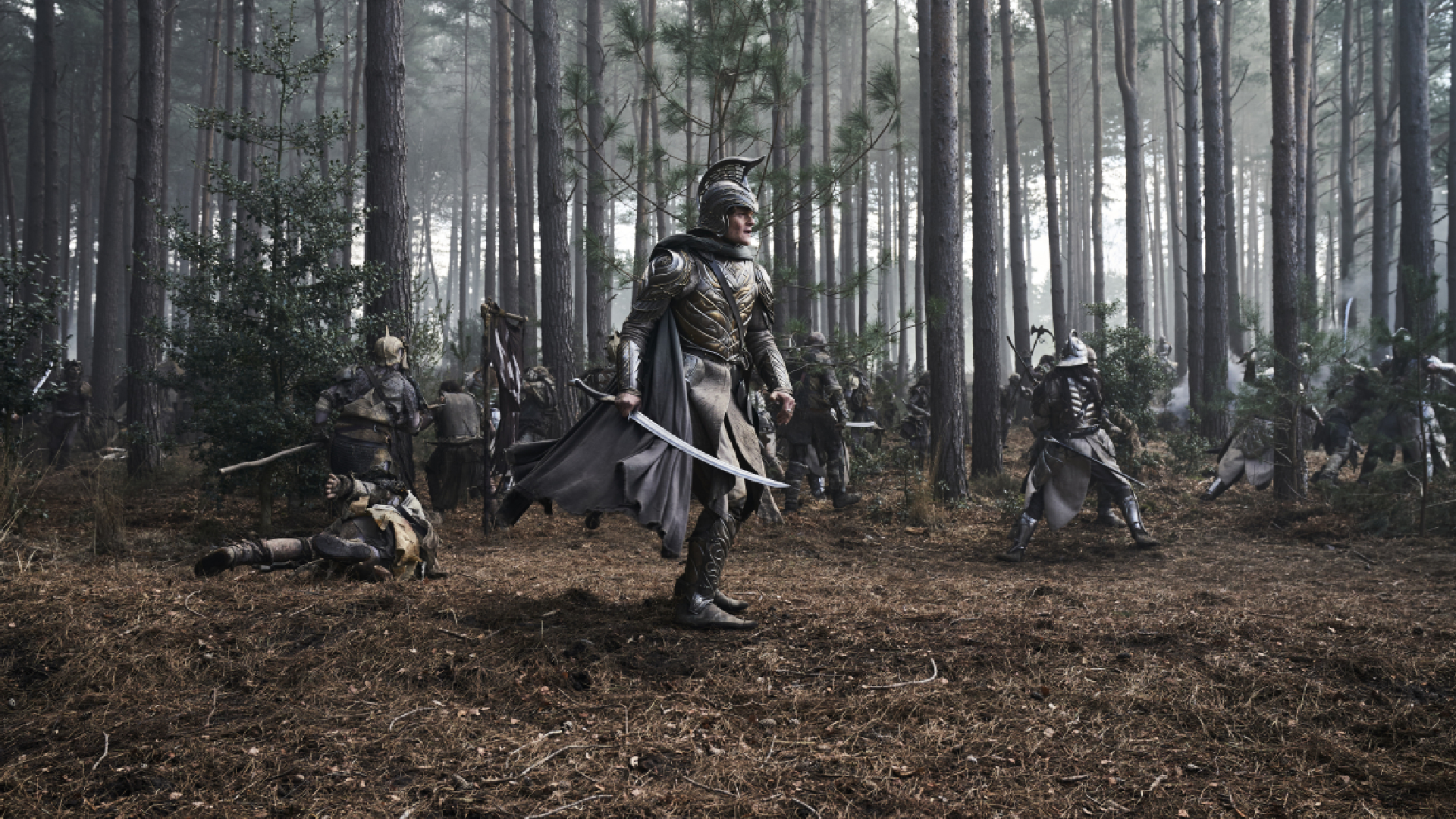
Well, I was going to say season 2 is hugely ambitious and definitely contains some of the biggest moments for you so far, including that incredible Siege of Eregion. When you look back at it, what are you most proud of with what you've achieved?
McKay: You know, it's funny, actually, J. D. touched on this, season 2 is wildly ambitious. I think, for us, in every way, bigger than season 1, in terms of the complexity of the work, the complexity of the production, the amount of location work, the visual effects, the creatures, all of it. The show really broadened in a lot of ways. But I think when we really look back on it, what I think we're most proud of is in some ways the smallest part – that relationship between Sauron and Celebrimbor and, more, the two Charlies – Charlie Vickers, Charlie Edwards – and how that becomes the anchor that moors every other storyline. That's just two great actors in a room. And sometimes, all of Middle-earth can go away and if you have actors who are matched with the right material and some nice costumes and a couple of wigs, some of the smallest, most intimate stuff, I think, is the stuff that we feel really shines.
I guess this is kind of like making you choose your favorite children. But what is your favorite episode of season 2?
McKay: That's a good question.
Payne: I mean, each one has different things in it, and that's what's so fun about it, is this show can play in so many different registers. We have so many talented people that we're working with, in VFX we have so many fun creatures this season that Jason Smith, our VFX supervisor, was able to be the genius behind, with costumes designed by Luca Mosca that shine throughout, and our actors. Some shows have one actor that sort of carries it but, I mean, we are blessed with an embarrassment of riches, in terms of our featured and series regulars who just do such amazing work. But I think between episode 7 and 8, we often go back and forth between those two.
There's things we love in terms of the scope and scale and spectacle of episode 7, and then the ways that the storylines we've been building for two seasons come together in episode 8, like with the death of King Durin with the Balrog. That's a very emotional scene for us. And the death of Celebrimbor also, just both those actors knocked out of the park, that might be one of my favorite scenes we've ever shot. The single tear that comes down Charlie Vickers' cheek and just the complex emotions he goes through in that moment when the orc comes into the room. I've watched that I don't know how many dozens of times now, and I never get tired of it, and I always find more nuance.
McKay: I mean, look, they really are all of our children in a way. And the amount of effort in a writer's room trying to come up with the best storyline, through the writing and the rewriting – we're doing hundreds of drafts of these scripts – and all the design work... Every single episode is a seed that has to become a tree over the course of, in the case of this season, four years from when we first had the notion of this version of this story. So they are all precious to us. I particularly really love the first episode of the second season from the first cut we saw – Charlotte Brändström, who's our producing director and one of our closest collaborators, just crushed it cinematically. But from very early on, we felt that episode 7 and episode 8 of season 2 were, at least for us, the two episodes of the show that we feel have come closest to what we wanted to be.
We also had some huge reveals in season 2, especially in the finale, and we finally found out the Stranger's identity after a lot of guessing. How exciting is it to have that secret out for one and also to be bringing such a beloved character into your universe?
Payne: I mean, it's incredibly emotional. I remember the first time we saw an assembly of that scene where Dan Weyman says his name and says, 'Gandalf,' I got chills, I teared up. It was just very oddly emotional, it's like meeting a childhood hero in some ways. That character is so beloved across so many different mediums, he's in the books, in the Peter Jackson films, and then to have him come and really be coming of age and go through that growth process, and then really come into his own at the end of the season, and discover/ announce himself, was a truly emotional process. It took a while for us to get there. There was a time where we were not committed to which of the Istari he would be when we first began. We wanted to have it be a journey of discovery for us along with the character. It was not a foregone conclusion that this is what would come out. So we spent some real time investigating multiple different avenues and really thinking through who this character should be and why and all the rationales behind it. And, you know, there's a long kind of internal process, and we're happy with where it's come to.
When did you make that decision? Was it before writing, or was it later on in the process?
McKay: During the writing, because, I mean, you're ultimately writing to a destination, and I think somewhere early in writing season 2 was clear that this was where we were going.
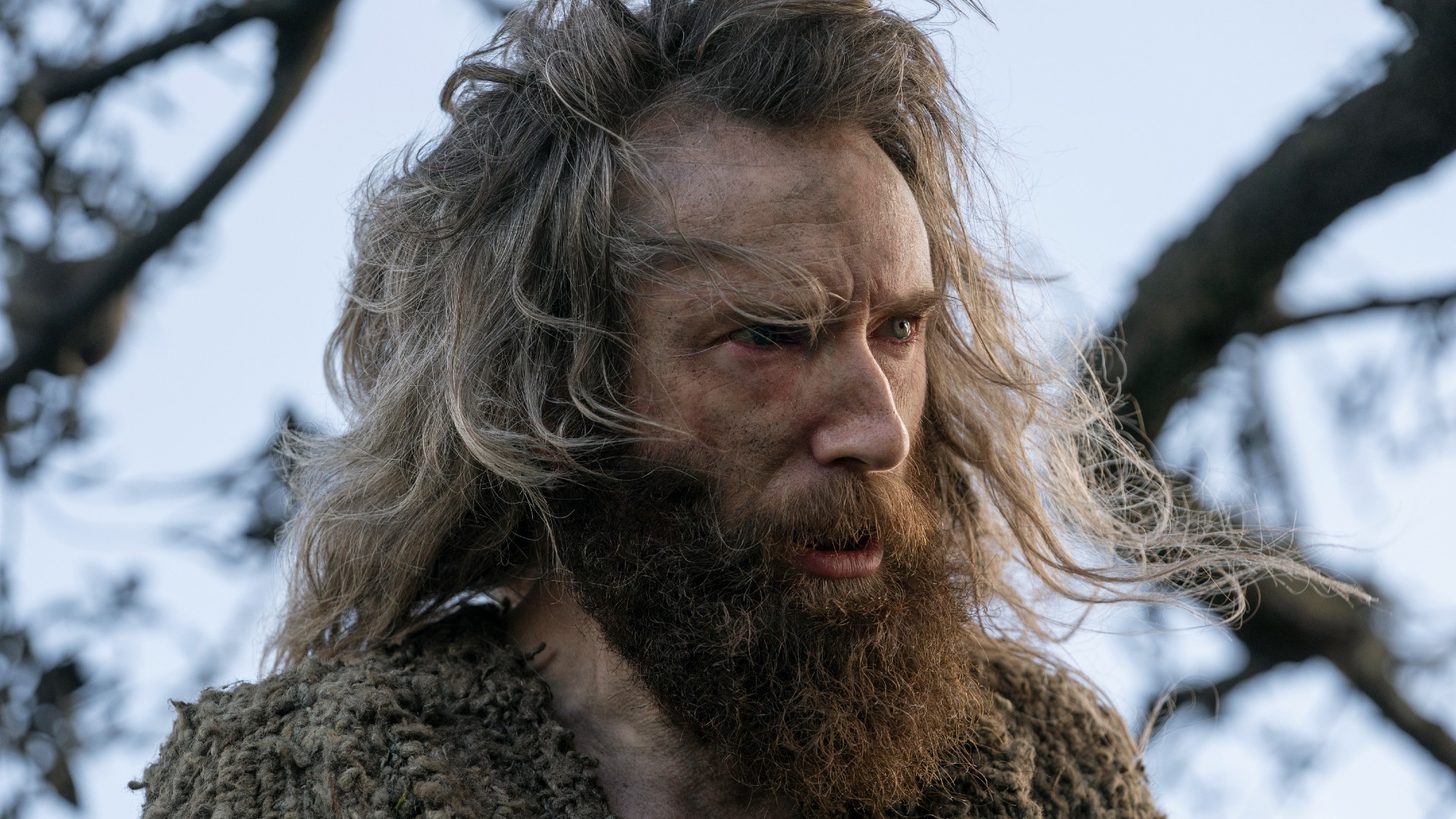
We also had some brutal goodbyes. I think we've mentioned a couple of them already, but one that really got me was Adar, I was so sad to see him go. Did you always know that season 2 was the end of the road for him?
Payne: We didn't, actually. Very early on in the process, Adar died at the end of season 1 when Sauron unceremoniously was exiled from Galadriel, and then we just had him show up in Mordor.
McKay: I don't know that it ever made it into the draft. In the three-by-five notecards on a cork board and then very quickly it was like, 'No, that's too quick, and this character is too compelling.' We're very lucky that we made that pivot, because his storyline is one of our favorites in season 2. Two great actors over two seasons playing different facets of this character brought into life in an incredible way, and we find his death also pretty painful to watch, it's brutal.
I think it's because just before that, you're really feeling for him…
Payne: Ultimately, [with] the Second Age, there's something tragic about it and we love in tragedy those moments when things could have been different. This moment when he and Galadriel are reaching towards each other like, 'Wow, could there actually have been this detente between Orcs and Elves and could they maybe have coexisted?' If not in a carebear, happy rainbow land, at least in a place where the Orcs lived over here and the Elves lived over here, and everyone gave each other their space. And could that have happened in some alternate universe? But, you know, Sauron comes and does what he does, and Adar is killed, and now we'll never know. When you can touch it but not grab it, there's something doubly painful about that.
We got some answers in season 2, but we also have a lot of mysteries ongoing as well, including the Dark Wizard, who's such a fascinating character. I know you've said that there's almost no possibility that he is Saruman. But is that a mystery that you see stemming multiple seasons, a bit like how you did with the Stranger?
McKay: Well, I wonder if we can make news on this one. We can say definitively he is not Saruman. Definitively, 100%, he is not.
Payne: I think we can say we do know who he is.
McKay: But that's all we can say.
I also wanted to delve into some specific moments from the finale that really stood out to me. I think that Sauron and Galadriel reunion in the final episode is a real highlight for many viewers, how tricky was it bringing that shape-shifting scene together? And do you have a particular favorite moment from it?
McKay: Yeah, we love that sequence. Morfydd [Clark] and Charlie [Vickers] are friends and close collaborators. We've been doing this for years with them. And you know it was, it was hard to keep them apart for an entire season, but the sort of joy of that was knowing at the end of the rainbow – the dark, twisted rainbow – they would be reunited. We love it. That was a sword fight that we spent months and months prepping for and designing and working with stunts and building that whole set with all those ruins. But you know, some of the coolest stuff is watching Morfydd and her doppelganger and her entire manner – she's playing Sauron's version of her. It's so cool. That's one of my favorite moments. There's also this great close up of Charlie Vickers after he stabbed her, where he looks so malevolent and insane, absolutely insane, and he's smiling. Charlie is a lovely, lovely human and such a sweet guy, but when he plays the villain, it's pretty fun.
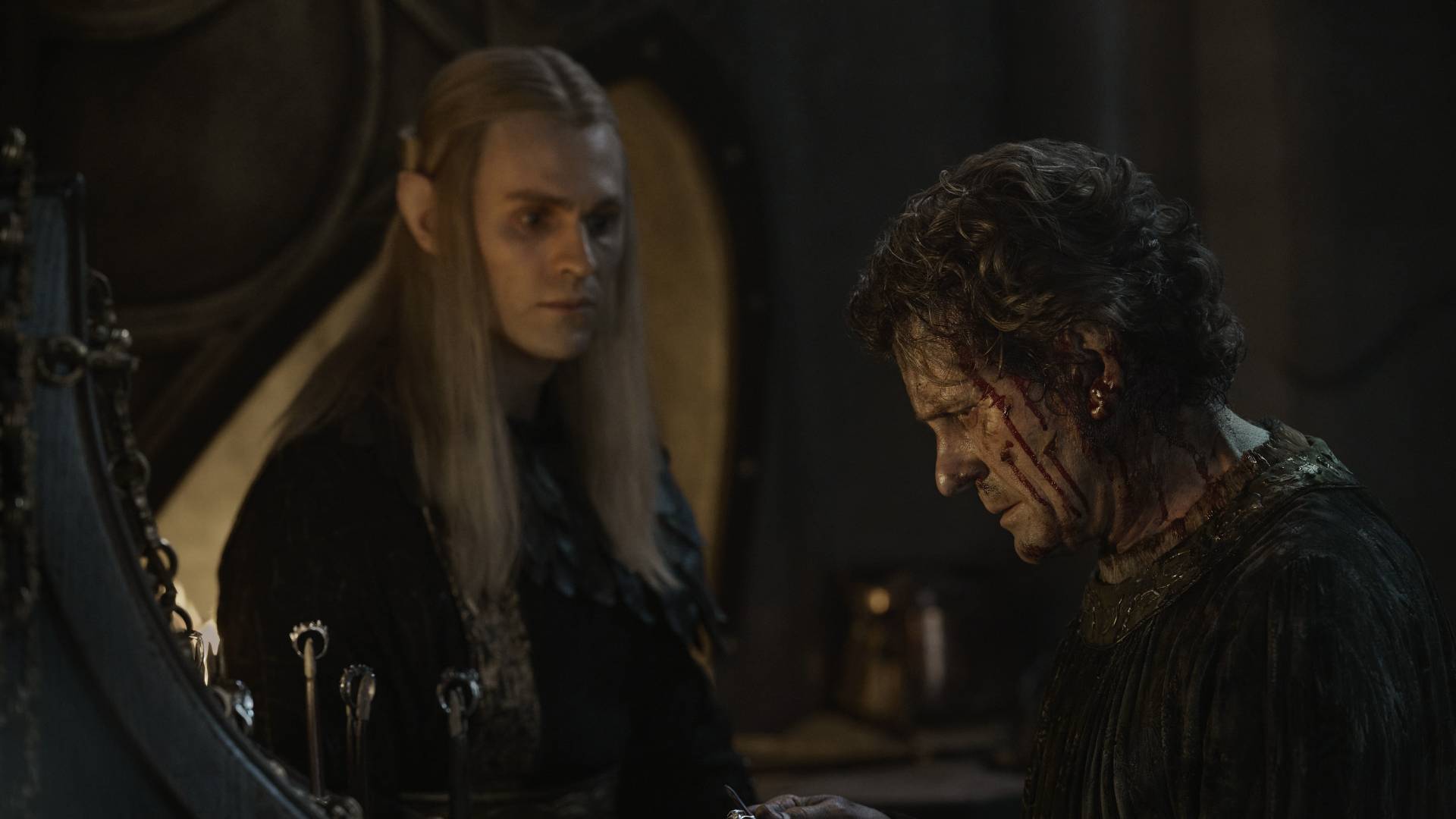
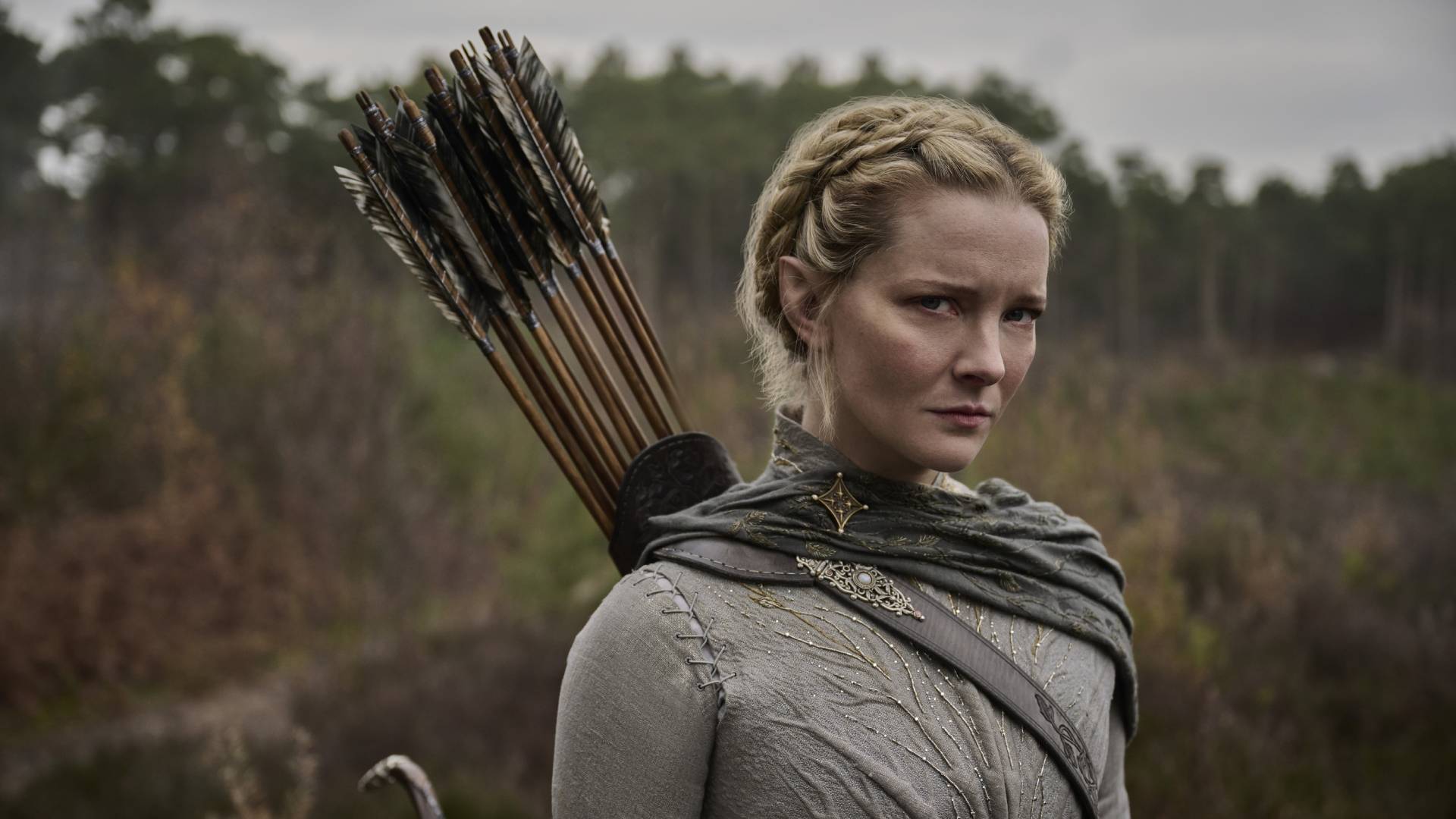
Elrond had such a tragic trajectory this season, and I think one of the most beautiful moments is in the finale when he puts on the ring to save Galadriel. Because their friendship was so interestingly developed this season as well, do you kind of see that as one of the key pillars to telling this story?
McKay: Absolutely, and in the history of Middle-earth. These are maybe the two most legendary Elves in all of Middle-earth history, telling this part of their lives where they're very different characters than the versions of them that Frodo will meet in thousands of years is one of the reasons you make the show. I think we always love the idea of their friendship, where they often disagree and they're often at loggerheads, but they're both right, and that's, you know, a discipline we try to bring to every season when they have a story. If they're going to be at cross purposes, they have to also be learning from one another and growing together in parallel. They're almost like family – well, they eventually will be – but they're closer than friends in a way that would be closer to a brother and sister who also fight and at least once had a smooch, but like a chaste smooch…
Payne: It's also very satisfying to be bringing them both closer by degrees to the Third Age versions that I think people know and love. It's been a journey for our audience, certainly, seeing what people thought about those characters. Season 1, it's like, 'Well, wait a minute, these aren't the ones that we know.' You say, 'Well, yeah, if we started the board there, there'd be no growth, there'd be no story.' This season Elrond had a really pivotal, big step in his arc. He starts off in, 'This is the age of the Elf, everything is possible, everything's beautiful.' [You're] taking him through the process of getting to where he can eventually become that more sort of jaded and cynical Elrond of the Third Age that believes that men are weak and has seen the great failures in Isildur's unwillingness and failure to destroy the ring.
We spoke a little bit about how Charlie Vickers really went into Sauron's evil side, and I think there's no more hiding for Sauron at the end of season 2. He's got the rings in his possession, he's holding Fëanor's hammer. How did you make the decision to leave him there on that shot?
McKay: Good question. Season 1, you're with Galadriel, you don't know who this guy is. You're not sure you trust him, but you kind of like him. But then, wait a minute, could he be Sauron? But I don't know. And then you feel the betrayal when the reveal is that he is Sauron. Then the fun of season 2 is now you're ahead of Celebrimbor, you are experiencing it through the eyes of someone who knows Sauron. And it's the fun of watching how his plans unfurl. But for Sauron as a character at the beginning of season 2, he still thinks he's the hero, right? He's like, I'm going to fix the whole world. I have to make magic rings to do it and the way I do that is to trick this guy, right? That's my plan. But then to succeed, he has to double down and basically descend into the worst version of himself, where, by the end, he's the villain of this story, and he knows it. So in some ways, the first two seasons have been the origin of Sauron, the Dark Lord. Season 1, he was the aspiring Dark Lord, by the end of season 2, he's the newly conquering Dark Lord.
You've previously said that season 1 was kind of all about the heroes, season 2 was more about the villains. I was wondering if you've given much thought to what the next stage of the story is in your mind?
McKay: The answer is yes, we're very excited, but we can't say anything other than we're working on season 3. We have a story we think is really strong, and we're hoping to turn it around as fast as possible.
You're probably thinking a lot about Numenor at the moment, aren't you…
McKay: [Laughs] We won't confirm or deny anything.
As we're talking about season 2, we're reflecting on the year as well. I was just wondering if either of you have any TV shows that have kind of stood out for you this year?
Payne: Oh gosh, yeah, there's some we're enormous fans of. The Bear, I think, we both really enjoyed it and admire just how spare and disciplined the storytelling is there.
McKay: I love Shōgun. I thought Shōgun was spectacular. I was literally texting Justin Marks, one of the showrunners, and just telling him, 'Oh my god, it's so great, so crisp.' I really liked aspects of Disclaimer. It's taken its lumps from certain people, and I can understand why but there are some great cinema moves in there. Man, I was in awe of large portions of that show.
The Lord of the Rings: The Rings of Power season 2 is available to watch on Prime Video now. For more, check out our guide to The Rings of Power season 2 ending and the best shows on Amazon Prime.
You can also read our list of the best movies of 2024 and the best games of 2024 too.
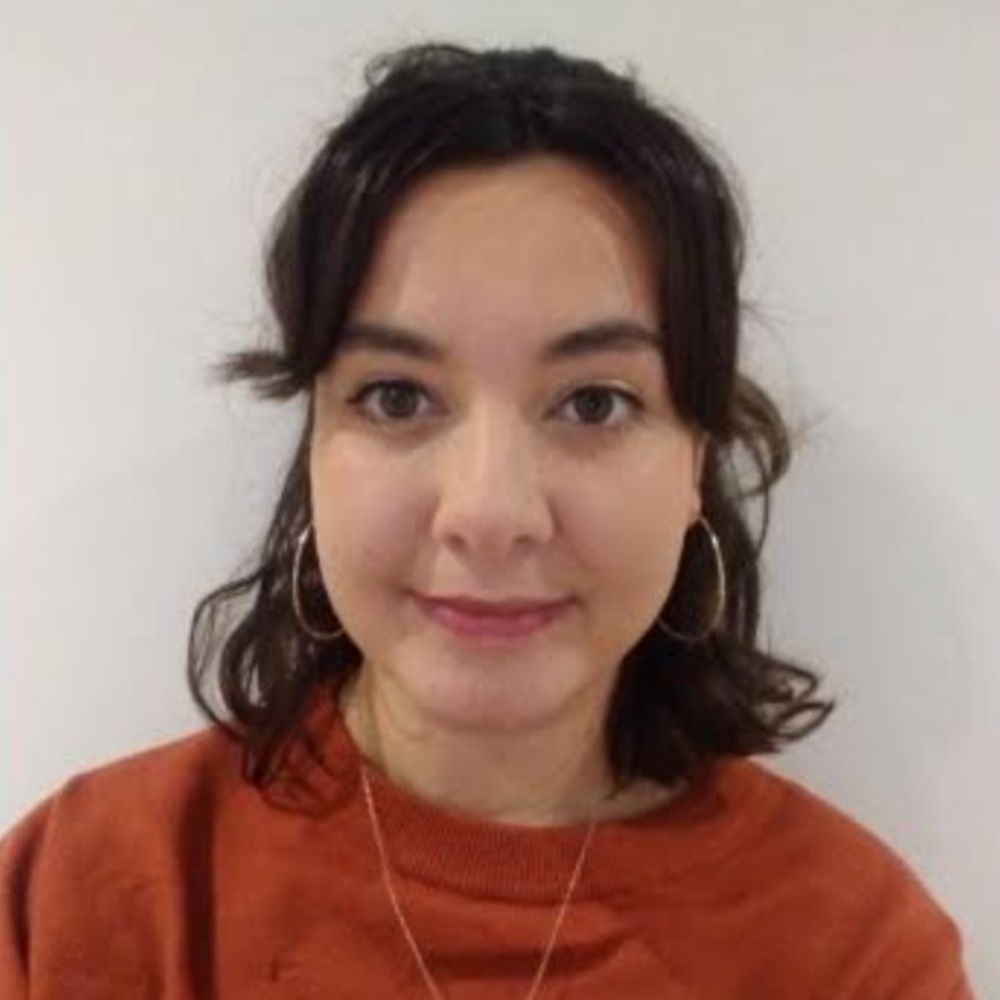
I’m the Deputy Entertainment Editor here at GamesRadar+, covering TV and film for the Total Film and SFX sections online. I previously worked as a Senior Showbiz Reporter and SEO TV reporter at Express Online for three years. I've also written for The Resident magazines and Amateur Photographer, before specializing in entertainment.


